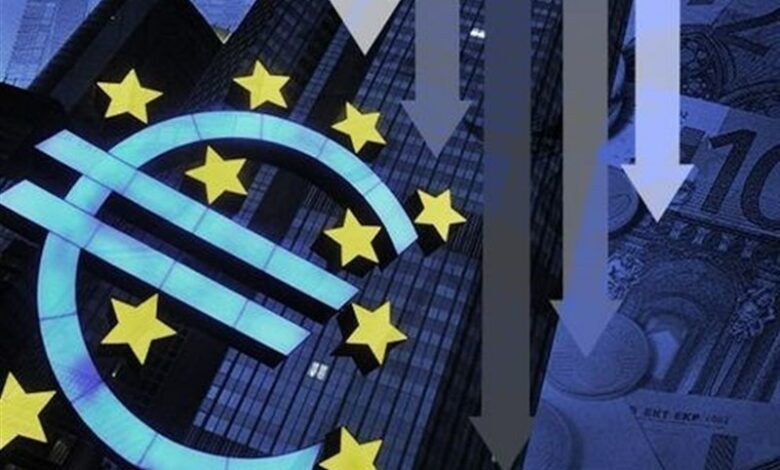Disputes in the European Union for the common European fiscal policy

| At the same time, the European Union wants to organize its internal market in order not to fall behind economically from big powers such as the United States and China, and there are many differences among its members to adopt a common and coordinated financial policy. |
According to the international group Tasnim news agency, Germany’s “NTV” wrote in an article: The European Union wants to make better use of the size of its internal market in order to keep up with the US and China. German Chancellor Olaf Schultz said after yesterday’s meeting of EU heads of state in Brussels: the internal market is “far from exhausting its potential and possibilities.” More uniform rules for financial markets across the European Union are intended to encourage more investment for companies, but a number of smaller member states have stopped short of announcing a harmonized tax system.
Schultz also believes further progress is needed. It is possible in the convergence of European capital markets. “The underdeveloped capital market in Europe is probably the main reason why the growth dynamics in this region are not as strong as in other parts of the world,” the German official said after the Brussels summit. He pointed to America as an example.
Charles Michel, President of the Council of the European Union, also said: At the European level, there is a “huge amount of finance” that should be used for climate change, digitalization and crises. Geopolitics should be used. Ursula von der Leyen, the president of the European Commission, also explained: In the European Union, “annually 470 billion euros of additional financial resources can be created through the capital markets.”
European heads of state also supported the harmonization of corporate bankruptcy laws across the EU. However, at the insistence of smaller member states such as Estonia, Ireland and Luxembourg, a similar announcement on the unification of corporate tax law was omitted from the final results.
Smaller EU countries also fear that this This will lead to more extensive government assistance to companies in large countries such as Germany and France. Luc Frieden, the Prime Minister of Luxembourg, warned that the European Union should not “over-bureaucratize and over-regulate and centralize everything.” ESMA supported “taking into account the interests of all member states”. The declared goal is to harmonize the supervision of the financial market in the long term and make it more efficient.
In addition to the financial market, EU countries supported uniform rules in the energy and telecommunications sectors. While presenting his report, Leta explained that there have been barriers for companies in these markets “for years”. Aiming to compete with the United States and China, the former Italian official warned: “We have no time to waste.” However, the EU’s goal is to find common rules for 27 national capital markets so that investors can Invest more easily in all European countries. This should lead to the availability of more private capital for the green and digital transformation of the economy.
But this issue is still controversial and disputed in the European Union.
The German Prime Minister also said that He took the initiative together with French President Emmanuel Macron. Capital markets union should be at the top of the priority list, he said, because different capital markets are “the main reason” why growth dynamics in Europe are not as dynamic as in the US. Therefore, this discussion will continue at the next meeting of the European Union in June.
Of course, observers do not expect rapid progress in this direction. Many demands, such as a uniform bankruptcy law, have been debated for years without any convergence. The problem, says one EU diplomat, is that each government thinks it has the best bankruptcy law.
Resistance to harmonization of tax laws was similarly high. The new Irish Prime Minister, Simon Harris, and the Estonian Prime Minister, Kaja Kalas, have stressed that they do not want corporate tax to be the same. Both countries have long used low taxes as a competitive advantage.
Last year, the EU economy grew by just 0.5 percent, compared to 2.5 percent in the United States. The EU is most concerned about falling behind in technologies such as wind and solar energy, batteries, semiconductors and artificial intelligence. The European Union has expressed progress in concluding new free trade agreements. “Many trade agreements are being negotiated for a long time and are not being completed,” Schultz said Thursday after the end of a two-day EU summit in Brussels. address the issue They also mandated the EU Commission to come up with concrete proposals to resolve the many outstanding issues. This includes harmonizing bankruptcy law across Europe or adjusting tax systems as well as supervising financial markets or protecting bank deposits.
end of message/
| © | Webangah News Hub has translated this news from the source of Tasnim News Agency |


